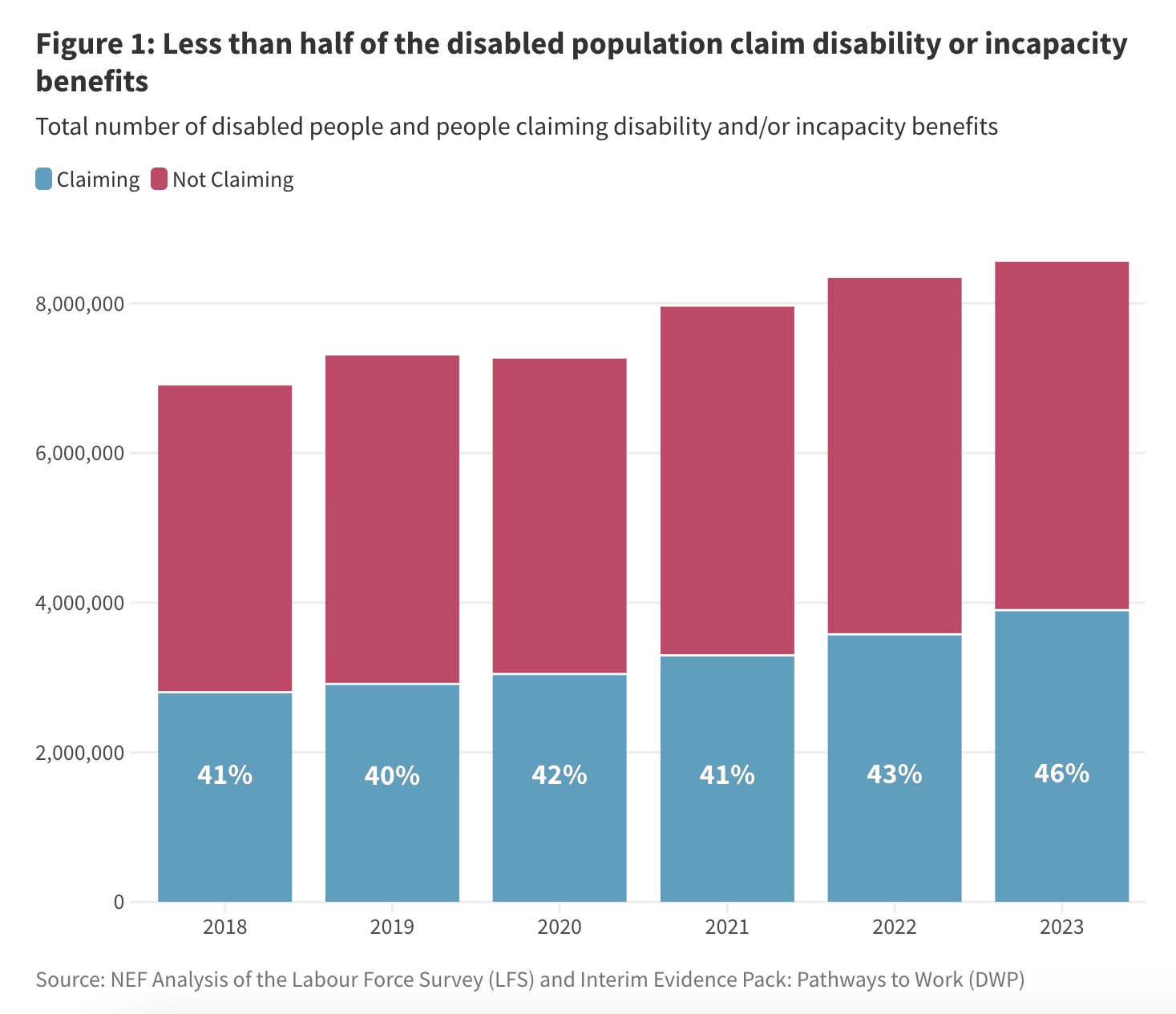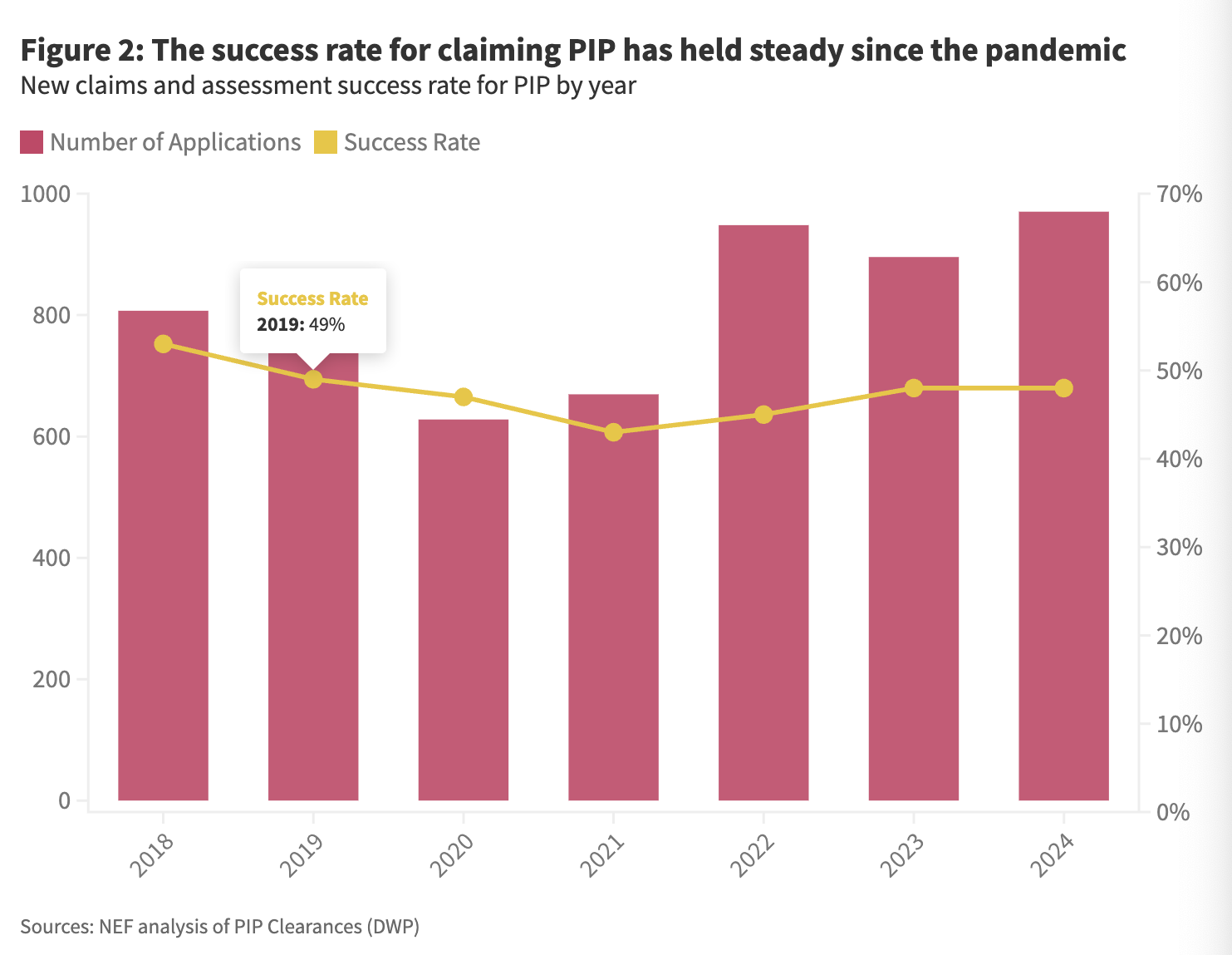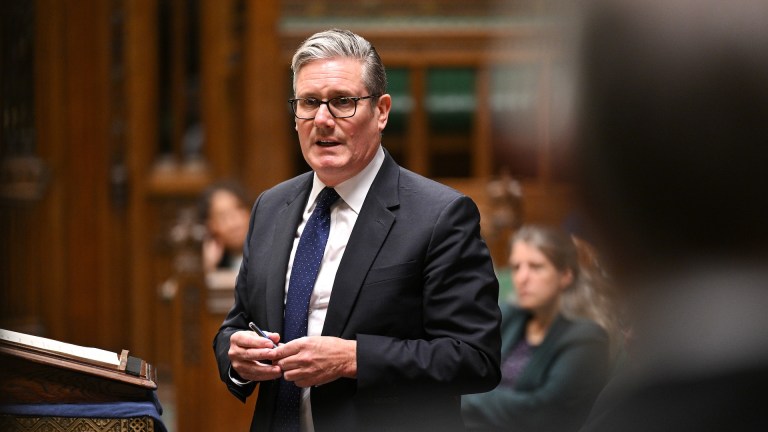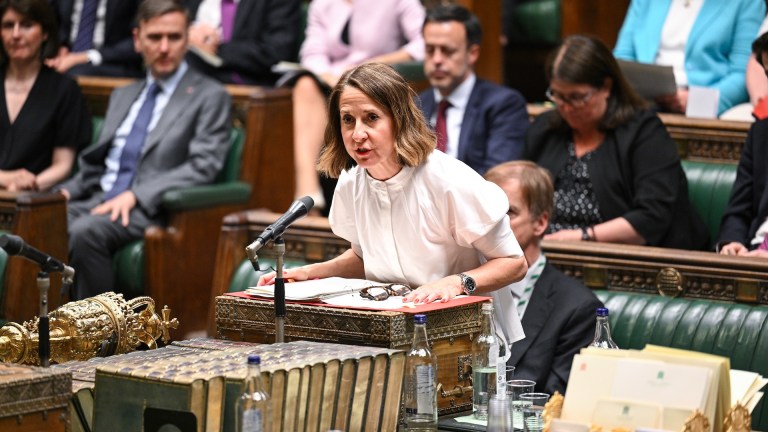Disability benefit cuts could prove to be as “politically toxic” for Labour as the winter fuel payment, a leading think tank has warned, as new research challenges the government’s justification for reducing access to benefits.
Labour recently announced a series of proposals to cut the disability benefits bill, which included restricting the eligibility criteria for the personal independence payment (PIP), as well as freezing the health element of universal credit for current claimants and cutting it in half for new claimants.
An estimated 800,000 people are set to lose at least £4,200 a year by the end of the decade as part of the plans to tighten PIP.
- Save tens of billions in public money by ending hunger – not slashing benefits, government told
- UK’s ‘cruel’ benefits system is ‘ruining lives’ and ‘violating human rights’, Amnesty report finds
- The hidden impact of Labour’s disability benefit cuts – from carer’s allowance to railcards
The government justified this by claiming the number of disabled working-age people in England and Wales had risen by 17%, but the number of people receiving disability benefits had increased by double this rate (34%) – used to imply a trend of people getting benefits without being eligible.
However, the New Economics Foundation‘s latest research has found that only 46% of disabled people receive personal independence payment (PIP), compared to 40% before the pandemic. Researchers argue that the rise in numbers of people claiming benefits is simply because more people are applying for the benefits to which they are entitled.

Only one in three disabled disabled people receive PIP (33%), which is intended to help people cover the extra costs of a physical and mental health condition. This is up by 5% since 2019.











